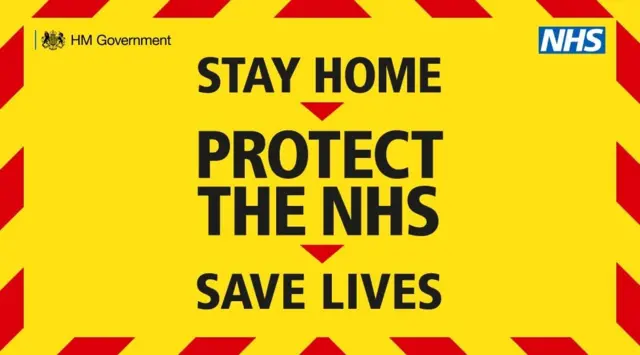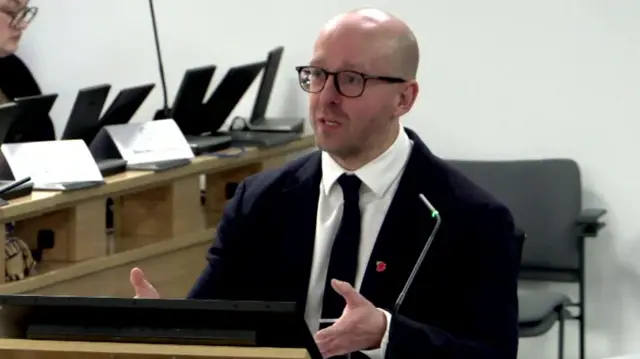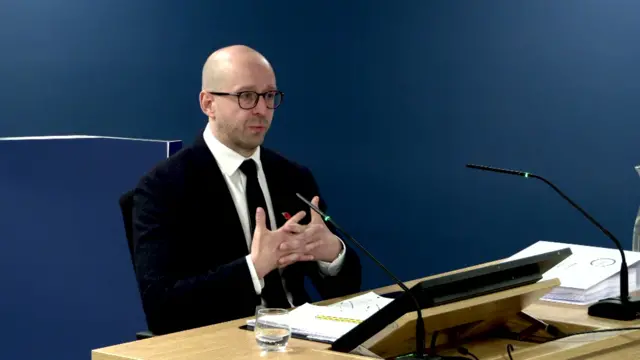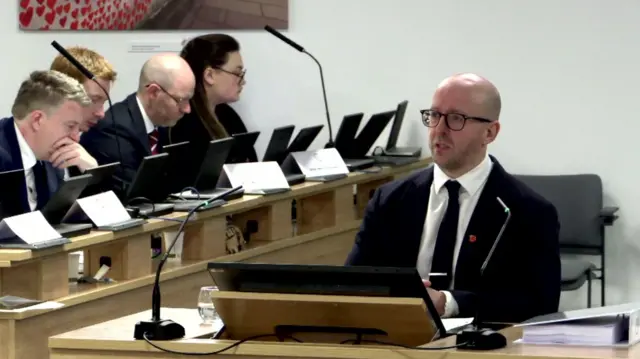Johnson aide denies cutting off scientific advicepublished at 11:22 GMT 31 October 2023
Cain is still discussing the expert committee SPI-B. He says it isn't fair of the inquiry lawyer to suggest he cut off official scientific advice that was readily available to them.
He says nobody had approached him with the advice or feedback.
"I was hosting numerous messages and the evidence that was presented to me... was at odds with the research that we were doing," he says.
And he adds he stands by his campaigns as "being incredibly effective".
Andrew O'Connor KC now asks if Cain considered it his role to think about communications across the UK, not just England.
Cain says he would broadly look across the UK, but that the challenges "become more about politics than communication".






